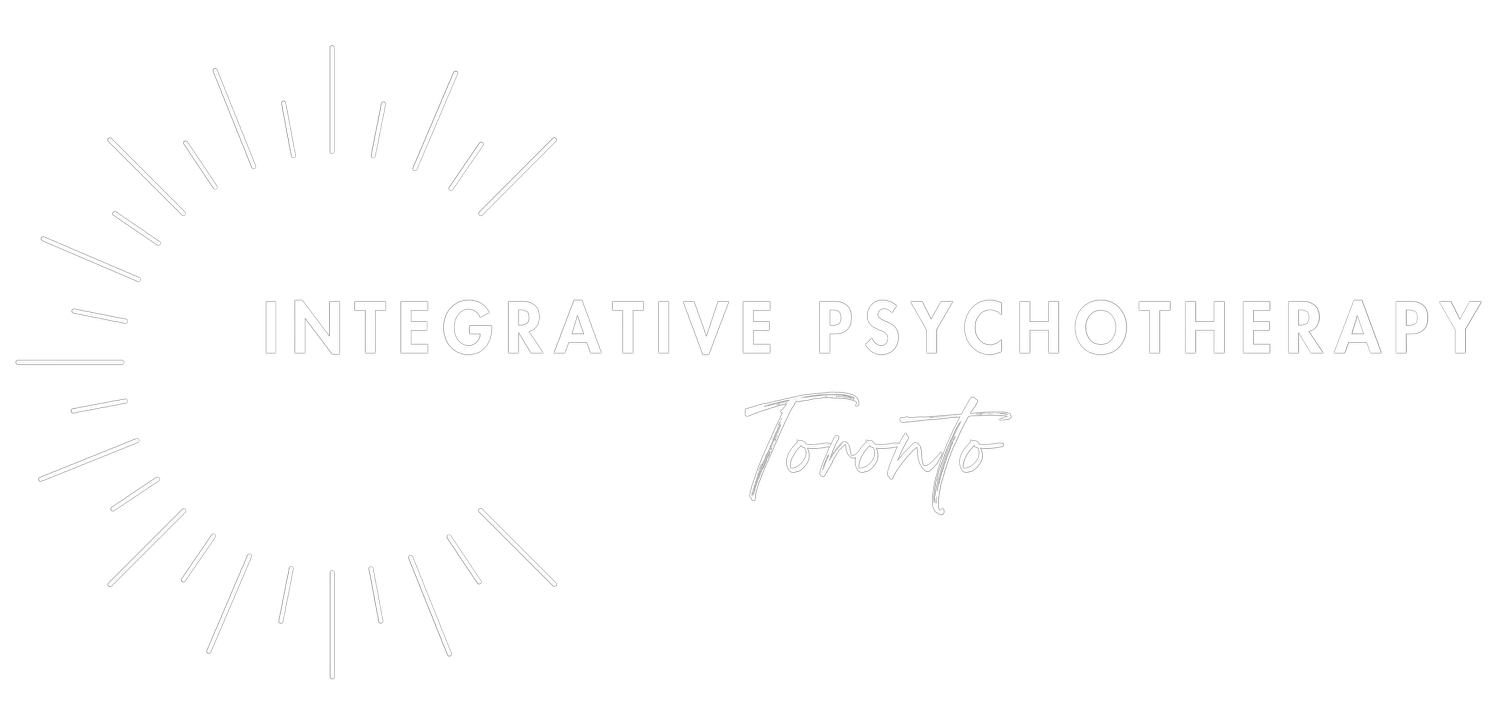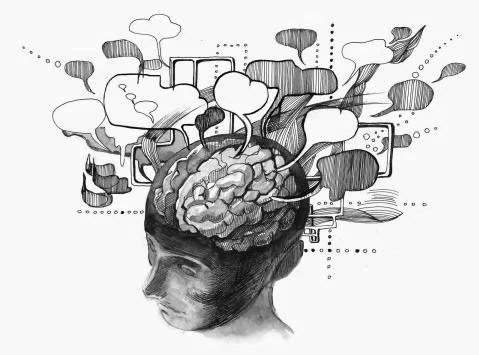Why You Don’t Have to be a Soldier to Have Trauma
Key points:
This is the blog version of my video Why You Don’t Have to be a Soldier to Have Trauma. If you’re more of a tl;dr kind of person, you may prefer the video.
Trauma isn’t what a lot of people think it is. And that can lead to invisible traumas - traumas that are left unseen, unacknowledged and untreated.
Trauma isn’t about what happens to us, it’s about what happens inside us. Trauma is not an external event, it's an internal event. It's what happens when an event exceeds our brain's ability to process it.
Trauma = external event > processing capacity.
The brain digests experiences the way our GI system digest food. The same way as if we eat something we can't digest, we get stomach distress, when we have experiences that our brain can't digest, it causes mental distress.
Therapies like EMDR, Sensorimotor Psychotherapy, Somatic Experiencing and Deep Brain Reorienting work as mental digestive aids.
The Conversation
This is a conversation I have with every single client I work with, in fact it’s part of the very first conversation I with any new client. Why? Well, because I’m a trauma specialist. My whole practice is based on trauma, that’s how I look at mental distress, mental dis-ease and how I treat it. So it’s really important to me that clients understand what trauma actually is, because that informs all of our treatment decisions and I want people to know why we’re doing what we’re doing in therapy.
Traumas: “Big T” and “Small T”
So, trauma - sometimes when I say “trauma,” people’s minds go to war or the worst things you could possibly think of. And while those certainly can be traumatic, trauma is actually an internal event rather than an external event. Trauma is what happens when something overwhelms our brains ability to process it - to understand it, make sense of it and let go of it. When something is too big, too much, too overwhelming for our brains to process it, that is traumatic. If your brain was a computer, trauma would be what happens when the system gets overloaded, the bandwidth is exceeded, and that damn pinwheel comes up.
Trauma = Experience + insufficient processing capacity
Trauma is an internal event, not an external event.
If experience > processing capacity —> trauma
When we think about this way, it’s not hard to imagine that most of us have some traumas in our history. They may affect our day to day lives to a greater or lesser extent, but most of us have had experiences where the demands of the external world are greater than our internal resources and processing capacity. It’s not hard to overwhelm small brains, stressed brain, run down brains.
These types of traumas are sometimes called “small T” traumas, “developmental” traumas or “attachment traumas.” I tend to think of them as the invisible traumas. They don’t have the shock and awe of the “big T traumas,” and because of this they often go unacknowledged, unseen and untreated.
But they are no less traumatic.
The Brain’s Digestive System
Sometimes I use the analogy that the brain digests experiences the way our GI system digest food. If everything is working well with our digestive system, we eat something and our body processes it, absorbs the good stuff and lets go of the rest. Same goes for the brain - when everything is going well, it takes in experiences, processes them, absorbs the relevant information and lets go of the rest.
But the same way as if we eat something we can't digest, we get stomach distress, when we have experiences that our brain can't digest, it causes mental distress. And those undigested pieces of experience hang around, and they repeat on us in the form of thought patterns, emotional patterns, behavioural patterns, relational patterns. Which I guess makes them mental flatulence.
Luckily, there are mental digestive aids. Therapies that work on what’s called an Adaptive Information Processing Model, which is a topic for another day, like EMDR, Sensorimotor Psychotherapy, Somatic Experiencing, Deep Brain Reorienting, all facilitate the mental digestive process, and can help the system process, make sense of, and move past experiences that weren’t able to be digested at the time.
So, that’s my spiel on trauma, and mental digestion, and the therapies that can help mental flatulence.
If you want more information, you may also like The T Word.
Looking for More?
If you’re interested in learning more about Mind-Body Therapy, we have lots of information to geek out on! You might enjoy:







